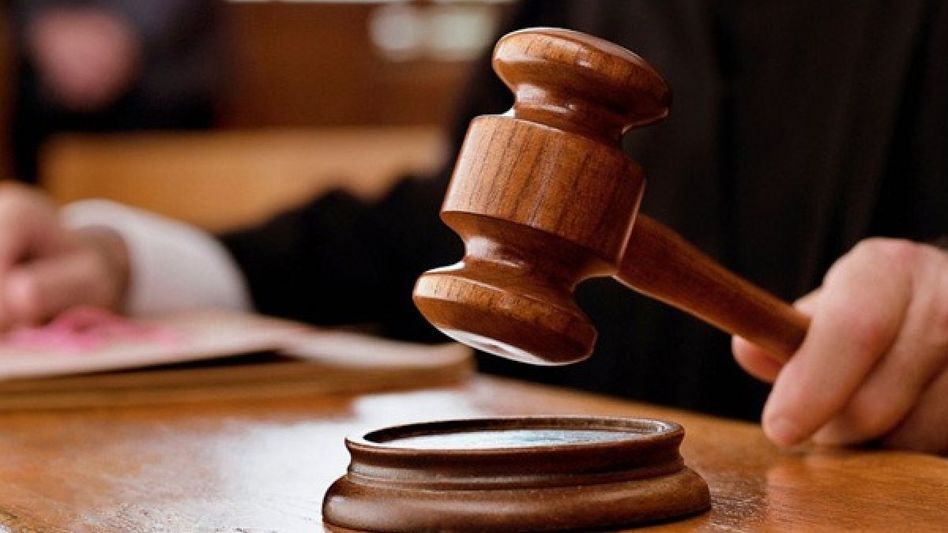Supreme Court issues strict guidelines to curb 'Bulldozer Justice'
The Supreme Court on Thursday, November 13 issued stringent guidelines to curb the practice of "bulldozer justice," which involves the executive demolishing properties of individuals accused of crimes without due judicial process.

The Supreme Court on Thursday, November 13 issued stringent guidelines to curb the practice of "bulldozer justice," which involves the executive demolishing properties of individuals accused of crimes without due judicial process. The bench, comprising Justices BR Gavai and KV Vishwanathan, ruled that the executive cannot unilaterally declare a person guilty or decide to demolish their property.
The Apex Court laid down that no demolition can take place without prior notification to the property owner, ensuring a minimum of 15 days' notice before any action is taken. The notice must be served to the property owner by registered post and also affixed on the outer part of the structure in question. Additionally, the notice should specify the nature of the alleged unauthorized construction, the specific violations, and the grounds for demolition.
To maintain transparency, the Court further mandated that the demolition process be videographed, ensuring that the procedure is conducted lawfully. The Court warned that any deviation from these guidelines would result in contempt of court.
Addressing the issue of "bulldozer actions" employed by state governments to demolish properties, the Supreme Court emphasized that such arbitrary actions violate the rights guaranteed under the Constitution. The judgment reinforced that the executive cannot bypass the judiciary's role in adjudicating guilt or deciding on property demolition, highlighting the importance of maintaining the separation of powers between the executive and judiciary.
The Court emphasized that the rule of law ensures individuals’ rights are protected against arbitrary state action. It stated that public officials who take matters into their own hands and engage in such high-handed actions must be held accountable.
This ruling comes in response to a series of pleas related to demolitions carried out by certain state governments.
Copyright©2024 Living Media India Limited. For reprint rights: Syndications Today









